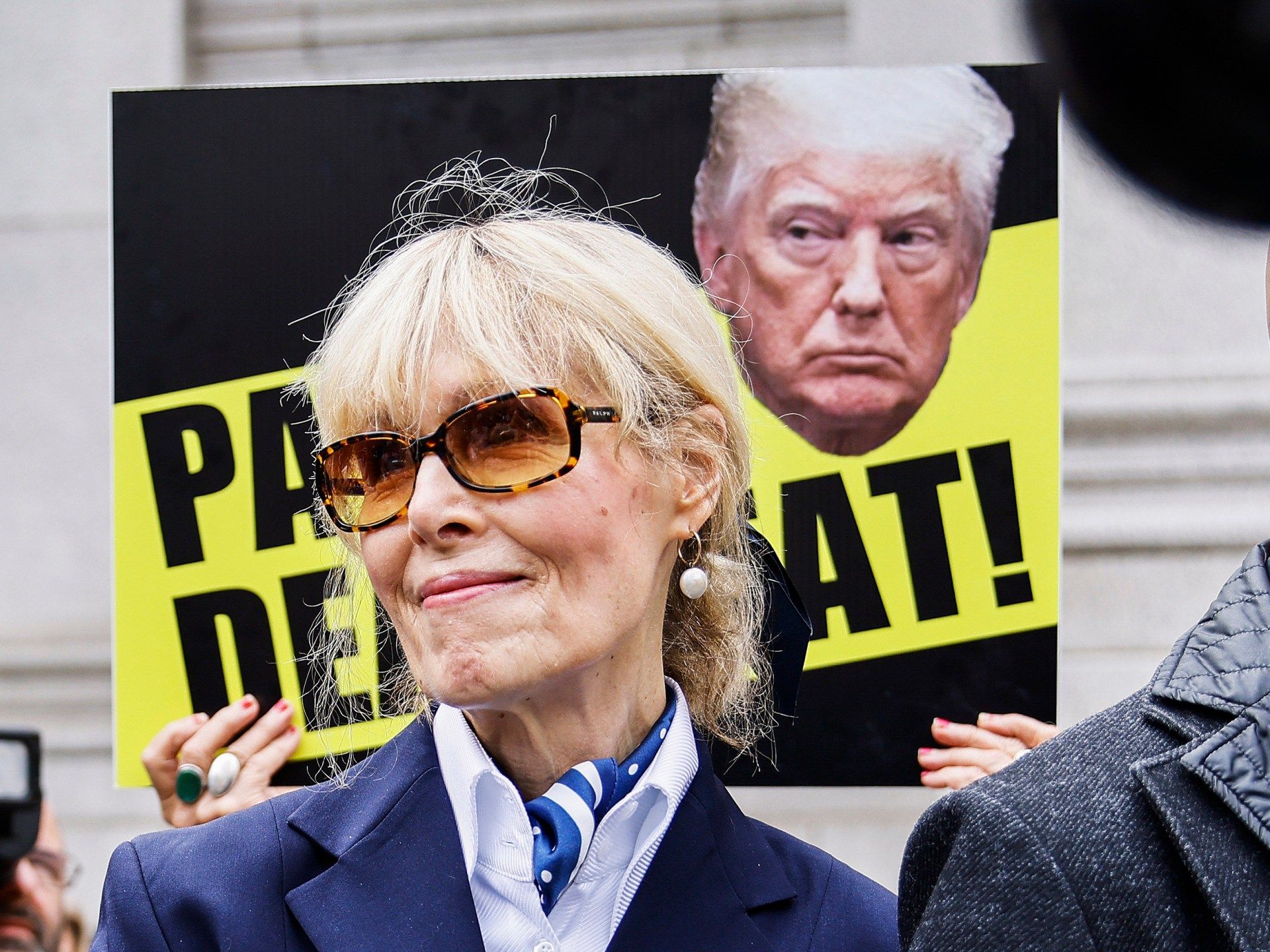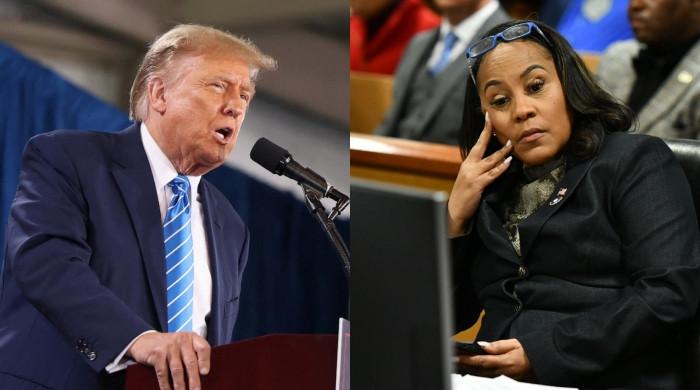President-elect loses appeal in E Jean Carroll case involving alleged attack in 1990s and must pay $5 million.
US President-elect Donald Trump lost an appeal over a 2023 jury's determination that he was liable for sexual abuse and defamation related to an alleged attack on writer E. Jean Carroll in the 1990s.
On Monday, a federal appeals court upheld the 2023 verdict in the civil case, in which Trump was not found to have committed rape but was ordered to pay Carroll $2.02 million for sexual assault and $2.98 millions of dollars for defamation.
Carroll had accused Trump of raping her in the dressing room of a Bergdorf Goodman department store in Manhattan in 1995 or 1996. She detailed the alleged attack in a 2019 article, prompting a denial from then-President Trump through a White House spokesman. .
Carroll initially filed a defamation lawsuit in 2019 and a second, separate lawsuit alleging defamation and rape in November 2022. The second lawsuit came after Trump called the lawsuits a “complete scam” and claimed he had “no idea” about Who was Carroll? Additionally, he mocked the legal action as a “hoax.”
Monday's decision relates to the second lawsuit Carroll filed. In January of this year, Trump was separately ordered to pay $83.3 million in the 2019 defamation case. Trump is also appealing that verdict.
Because both cases are civil and not criminal, the jury technically found Trump “responsible” but not guilty of the claims.
The cases have continued despite Trump's victory in the 2024 presidential election. He is scheduled to begin his second four-year term in the White House on January 20, after having been president from 2017 to 2021.
Trump was convicted earlier this year in a separate criminal trial in New York of falsifying business records in an attempt to cover up hush payments to an adult film star. After his victory, the sentence in that case was suspended.
Trump's victory helped him avoid two more federal criminal cases against him, including one related to hiding and hoarding classified White House documents and another for his alleged role in trying to overturn the results of the 2020 election. According to The long-standing policy of the United States Department of Justice, a sitting president cannot be prosecuted.
A fourth criminal case in Georgia, related to alleged attempts to subvert the results of the 2020 election in the state, has also been plunged into uncertainty following Trump's election victory.
However, Trump is not protected from all legal action.
In 1997, in a case involving former President Bill Clinton, the U.S. Supreme Court unanimously ruled that sitting presidents do not have immunity from civil litigation in federal courts for actions prior to and unrelated to their official duties as president. .












